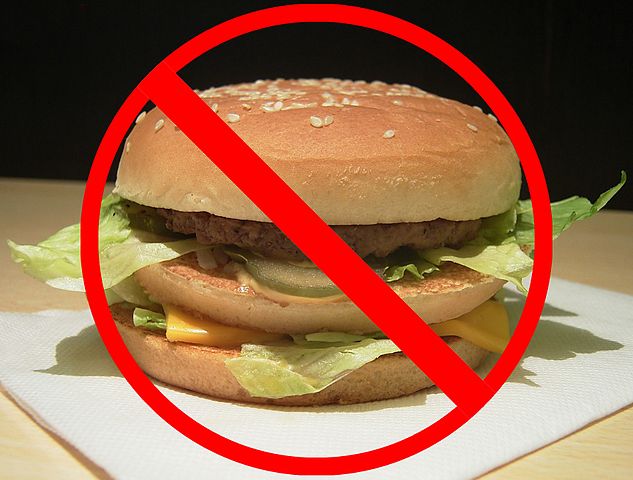The world’s growing demand for meat is fueling the sixth mass extinction, according to a provocative study published in the journal Science of the Total Environment. According to researchers at Florida International University in Miami, the expansion of livestock production is the leading cause of a world wide extinction.(1)
The study provoked interest among researchers, since the relationship between livestock and the planet’s biodiversity has not been well studied. To better understand this relationship, the authors of the study mapped regions known as biodiversity hotspots, which are areas teeming with native plants and animals.(1)
The researchers also mapped areas where livestock production is expected to expand in an effort figure out how much land will be lost. They then compared the two maps with each other. The researchers concluded that, at current rates, the expansion of livestock will bleed into 15 “megadiverse” countries that are home to the greatest diversity of species. Within the 15 megadiverse countries, land used for livestock production is expected to increase by 30 to 50 percent.(1)
The deforestation of megadiverse countries will drive species extinct at an alarming rate. Several studies have suggested that Earth is currently undergoing a sixth mass extinction, most of which is caused by human activities. Trumping excessive hunting and climate change, the authors conclude that the growing demand for meat is the primary culprit behind the current mass extinction.(1)
Of course, extinctions are said to happen every single day. A mass extinction, by contrast, occurs whenever there is a widespread and rapid decrease in the amount of life on Earth. Scientists have uncovered evidence of five other mass extinctions in Earth’s history, all of which have been attributed to a natural disaster in one form or another. What makes the sixth mass extinction unique is that it is powered by the hubris of man rather than the forces of nature.
Although the demand for meat in the United States has decreased, the demand for meat worldwide has increased. The results of the study reveal that we are gambling with the planet’s biodiversity in order to sustain the existence of cheeseburgers.
Sources include:


